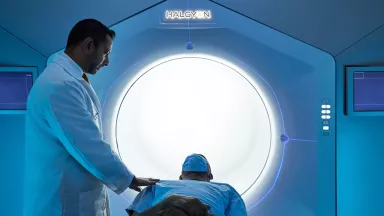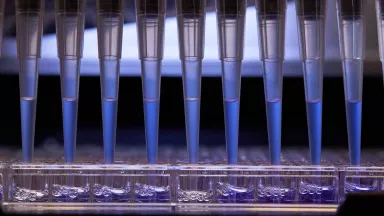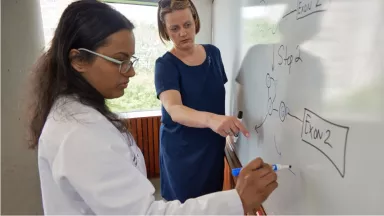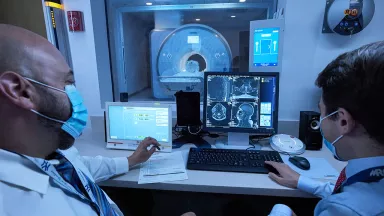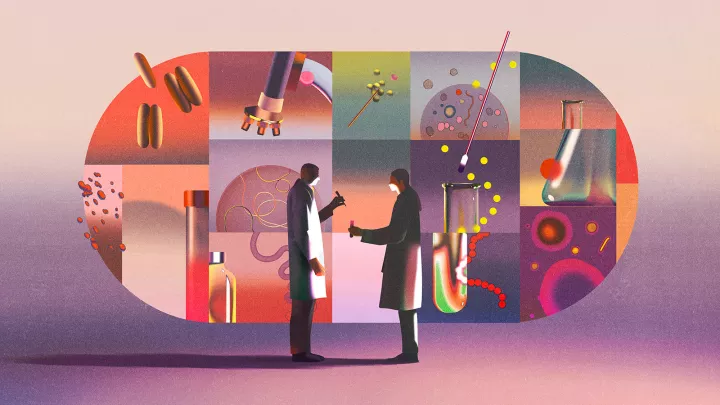Our Approach to Endocrine System Cancers


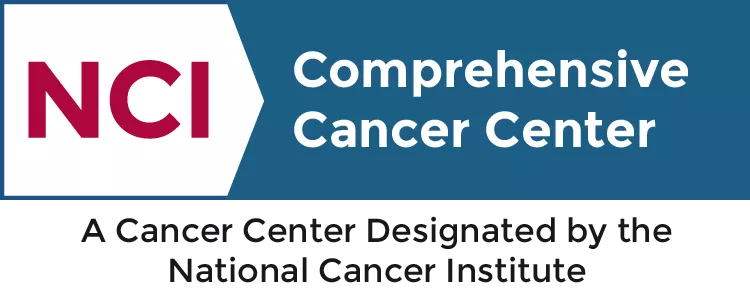
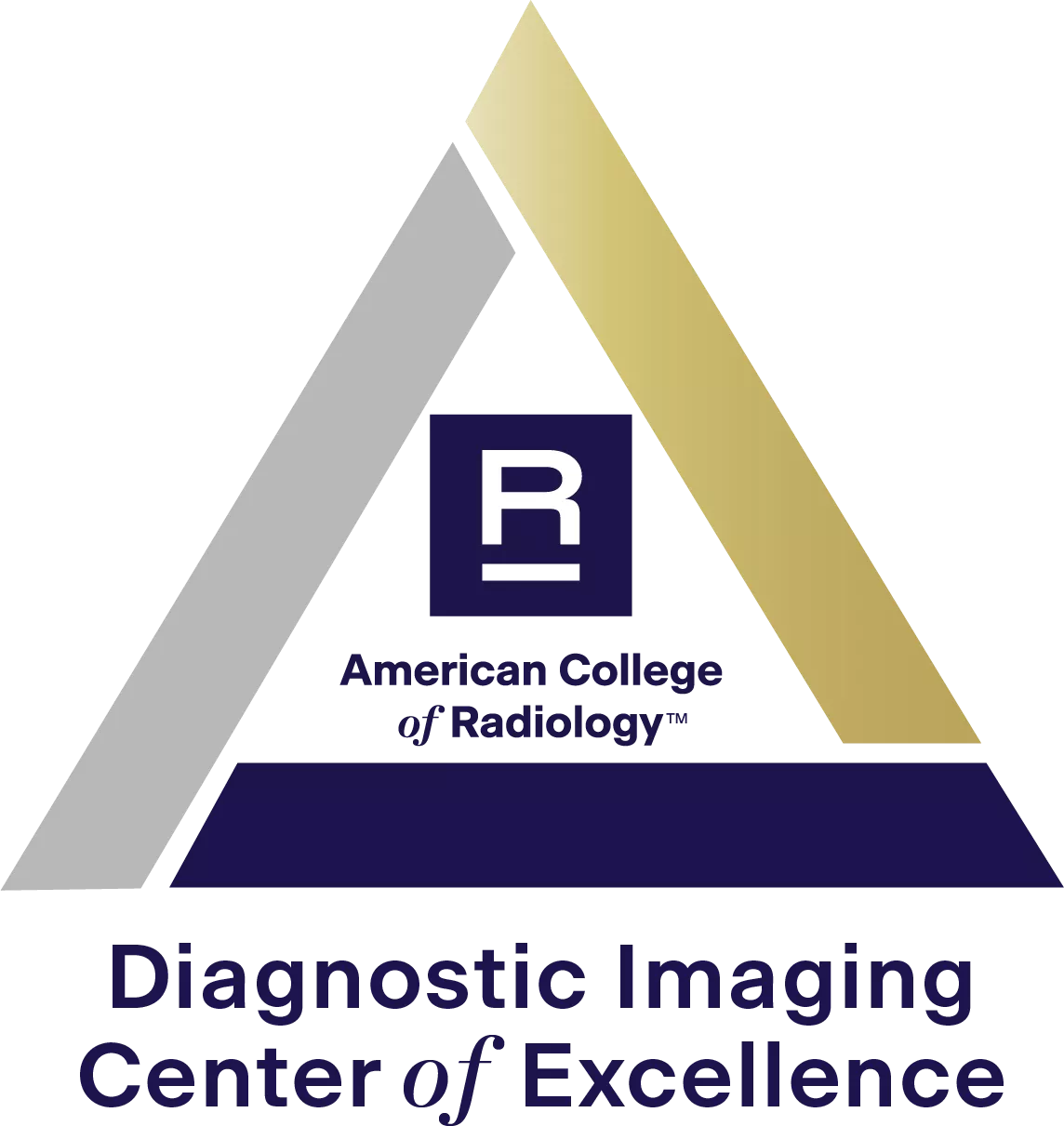
Access research-based care for thyroid, adrenal gland, and other endocrine and neuroendocrine system cancers from the specialists at Montefiore Einstein Comprehensive Cancer Center. Given that the endocrine system manages a variety of functions within the body, cancer in this system can present unique diagnosis and treatment challenges. We can help. Our comprehensive cancer center merges the worlds of clinical care and academic research while keeping you—our patients—at the center of everything we do. We are among the elite 1% NCI-designated comprehensive cancer centers in the U.S. — and we are ranked in the top 1% of all U.S. hospitals for cancer care and diabetes and endocrinology, according to U.S. News & World Report.
We provide some of the country’s most advanced expertise and personalized treatment options for endocrine and neuroendocrine tumors of all types and stages. With our collaborative, multidisciplinary approach to diagnosis and treatment, we help you get from uncertainty to an accurate diagnosis, fast. Once a diagnosis is in place, we build a dedicated team of experts to generate a personalized care plan for you. You’ll receive compassionate, highly specialized and coordinated care that’s sensitive to your needs and input.
We regularly manage not only benign and malignant endocrine system tumors, but familial syndromes as well—inherited genetic mutations that increase your risk for cancer.
Diagnosis
It’s important to get the correct diagnosis for endocrine system cancer as quickly as possible, so that you can receive care right away. The approach to making a diagnosis will depend on the signs and symptoms you have. We use the latest tools and techniques to explore what is going on. For thyroid cancer, for example, we typically make a diagnosis using fine needle aspiration or a combination of this technique and surgery.
Genetic Testing
If you have a family history of neuroendocrine and other endocrine system cancers, consider genetic testing to better understand your risk. While most neuroendocrine tumors appear by chance for unknown reasons, there are inherited syndromes such as von Hippel-Lindau syndrome and neurofibromatosis syndromes. Talk to your doctor about whether they recommend genetic testing for you. Montefiore Einstein Comprehensive Cancer Center offers genetic testing staffed by genetic counselors and others who can help you decide whether testing is right for you.
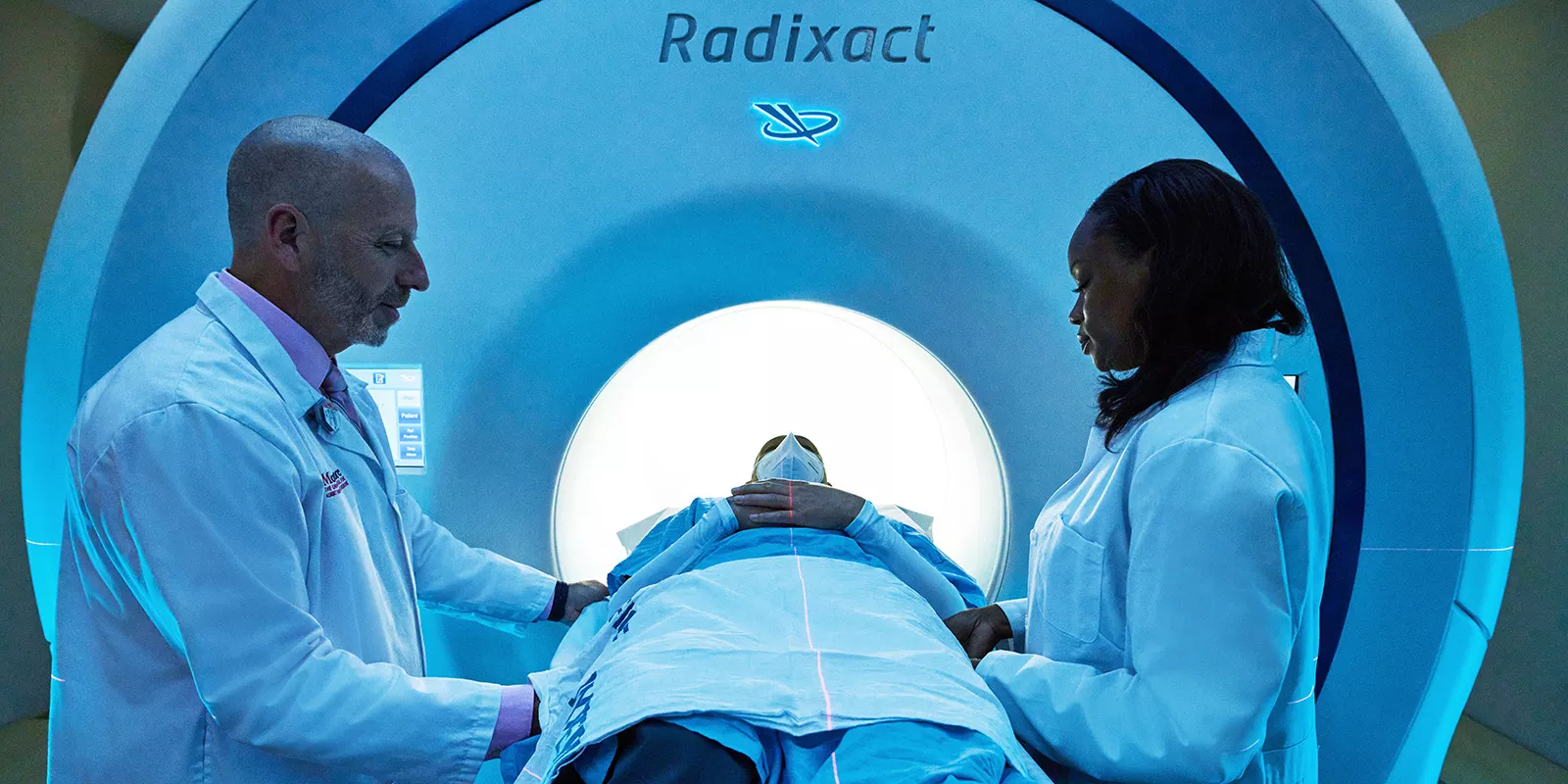
Multidisciplinary Care & Advanced Treatment
At Montefiore Einstein Comprehensive Cancer Center, you will have access to pioneering specialists on your care team. We use a comprehensive approach to care designed to give you the best outcome and quality of life possible. The specialists on your team collaborate closely with each other—and with you—to create a unique treatment plan focused on you.
We offer groundbreaking treatments and a full range of minimally invasive procedures. Depending on your diagnosis and needs, we can offer treatments such as:
- Surgery, including robotic and minimally invasive surgery when appropriate, such as:
- Laparoscopic removal of the adrenal gland
- Liver transplant for metastatic neuroendocrine tumors in the pancreas
- Minimally invasive procedures to remove functional and nonfunctional pancreatic tumors
- Radiofrequency ablation is a non-surgical and minimally invasive treatment option for reducing the volume of thyroid nodules with radio waves that interfere with the nodule’s cells, causing them to shrink and get absorbed back into the body. It is typically done by a surgeon using ultrasound imaging to guide and target the treatment area.
- Radiation, including Radioactive iodine treatment—a specific form of iodine that destroys thyroid tissue and is used to treat microscopic thyroid cancer that cannot be seen at the time of surgery. It is also used to treat thyroid cancer that may have spread outside of the thyroid gland to other parts of the body.
- Chemotherapy
- Genetic counseling
- Hormonal medicine to treat symptoms caused by too many or too few hormones. If the thyroid gland is removed to treat thyroid cancer, for example, replacement in the form of oral thyroid hormone will be needed.
- Regional therapy to deliver treatment specifically to the cancer-affected area, rather than to the body as a whole.
Research & Clinical Trials
We’re committed to translating scientific discoveries and leading-edge research into new treatments and therapies for endocrine system cancers. This distinctive integration of science and medicine, along with our dedication to improving patient outcomes, allows us to deliver sophisticated, state-of-the-art treatments.
Our researchers were the first to develop a practical method for measuring a person’s level of free thyroid hormones—setting the stage for vital ongoing investigations into thyroid treatment and disorders.
Our patients also have access to nationally and internationally sponsored clinical trials (research studies) and often to leading-edge therapies for treating thyroid cancer, adrenal tumors, pancreatic neuroendocrine tumors, and other endocrine system cancers.

Care Navigation & Support Services
At Montefiore Einstein Comprehensive Cancer Center, we’re focused on the prevention, early diagnosis and treatment of cancer. You can place your trust in our multidisciplinary team of world-renowned experts. Our comprehensive cancer center offers a full range of traditional and holistic care—from screening and diagnosis through survivorship. This includes care navigation, mental health and wellness services and other supportive programs, like financial counseling and rehabilitation.
Benefit from highly specialized, coordinated and compassionate care focused on the whole person. We’re here to address your complex medical needs and improve your quality of life.
Your Endocrine System Cancer Team
Access advanced care from top experts in endocrine system cancers at Montefiore Einstein Comprehensive Cancer Center, all of whom collaborate closely to diagnose and treat tumors in the adrenal glands, gastrointestinal tract, pancreas, parathyroid, pituitary, thyroid, and more.
We offer compassionate care and extensive support programs for you as a patient—as well as your caregivers.
About Endocrine System Cancer
The endocrine system manages many body systems and functions, including the production of hormones that regulate cardiovascular function, digestion, metabolism, and more.
Thyroid cancer is the most common form of endocrine system cancer. The thyroid gland makes thyroid hormone that controls your metabolism. The pituitary gland regulates how much hormone the thyroid makes by producing thyroid-stimulating hormone. Cancer can impact the function of either of these glands.
Types of Endocrine System Cancers
Endocrine system tumors often start in cells that make hormones. This means the tumor itself can also produce hormones. Changes in the body’s normal hormone levels can cause serious symptoms. There are several types of endocrine system cancers, including:
- Adenoma: These adrenal tumors do not produce hormones. Doctors can monitor benign (noncancerous) adenomas with imaging studies.
- Adrenal tumors: These tumors form on the small glands that sit on the kidneys. They can be benign or cancerous. Some tumors make hormones, and some do not.
- Adrenocortical carcinoma: This cancer forms in the adrenal gland and often produces the hormone cortisol. Adrenocortical carcinoma often spreads to the liver, lungs, brain or bones. High levels of cortisol may cause Cushing’s syndrome.
- Aldosteronoma: This adrenal gland tumor makes the hormone aldosterone, which regulates blood pressure. This can cause serious ups and downs in your blood pressure.
- Carcinoid tumors: These rare tumors make the hormone serotonin. They can form anywhere in the body, including the intestines, lungs, stomach and pancreas.
- Cortisol-producing adenoma: A tumor forms in the adrenal gland and produces the steroid hormone cortisol. Too much of this hormone can cause Cushing’s syndrome.
- Familial neuroendocrine syndromes: Genetic mutations can cause these conditions to pass down through families. The most common syndromes are:
- Multiple endocrine neoplasia type 1 (MEN1) syndrome carries an increased risk for hyperparathyroidism, and pancreatic neuroendocrine and pituitary tumors.
- Multiple endocrine neoplasia type 2 (MEN2) impacts the rearranged during transfection (RET) proto-oncogene gene. Type A mutations can lead to medullary thyroid cancer, hyperparathyroidism and pheochromocytoma. Type B mutations can cause medullary thyroid cancer at a young age. It can also cause mucosal neuromas of the lips, tongue and eyelids and pheochromocytoma.
- Neuroendocrine tumors: Neuroendocrine tumors occur throughout the body, including the brain, intestines, lungs, neck and pancreas. They excrete hormones into the bloodstream.
- Pancreatic neuroendocrine tumors: Most of these cancers form in pancreas cells that make digestive enzymes. They are called adenocarcinomas. Only about 5% of pancreatic neuroendocrine tumors start in cells that make hormones.
- Pheochromocytoma: These tumors form in the adrenal gland. They produce epinephrine (adrenaline) or norepinephrine, which regulate the body’s response to stress.
- Thyroid cancers: The most common form of endocrine cancer forms in the thyroid gland. Thyroid cancer occurs more often in women and can present at any age. With the right treatment, thyroid cancer is very treatable.
- Von Hippel-Lindau Disease: This disease may cause central nervous system hemangioblastomas, kidney tumors, pancreatic neuroendocrine tumors, pheochromocytomas and retinal tumors.


